Earlier this month, we attended the Digital Transformation Expo at London’s ExCEL, which aims to connect leading IT, security and data specialists with the solutions and services they need to achieve their digital transformation plans.
The event was packed with cutting edge technology and real case applications of use, and it opened our eyes to new technologies, interesting concepts that are being explored further and the challenges that are still to be overcome in the space.
There were a range of topics that caught our attention, but these two stood out:
When was the last time you spoke to a machine, successfully?
Catherine Breslin, Solutions Architect at Colbalt Speech and Language provided an insightful talk on voice and language technology, discussing how Alexa and Google have already made waves in this arena by making human to machine communication that bit easier. That said, Breslin highlighted interesting challenges around speech recognition (particularly important for subtitling), as the technology has to be clever enough to handle different accents or variations caused by the age of the person speaking in order to work effectively.
She also raised limitations in existing technologies around voice and language, notably present in language understating where a voice command is transformed into a computer command. The challenge here is how the sentiment is read and understood, often leading to misinterpretation of emotion or intent. Dialogue between computer and human is still limited and it is probably one of the most challenging uses of this technology, but as Artificial Intelligence and Machine Learning evolve, the development towards something more consistent is well on its way.
The future for this space certainly looks interesting, but it is not without its concerns. There are plans to develop text to voice technology to ensure the speech sounds natural and emotionally rich, whilst longer-term intentions are to achieve a natural computer / human conversation. Something very interesting is that the improvement of this application, which would be making the speech sound more like a real person brings lots other issues as then you could easily be fooled by a machine talking to you. If we think of the way people are scammed online, this could potentially trigger massive issues in the future.
Will we ever truly be able to keep up with the web?
Since 2005, there has been an explosion of content on the web, 90% of which has been generated in the last two years alone, and the stats don’t end there*:
- 35 million organisations own a website, globally
- Eight thousand new sources update content regularly
- There can be up to four million blogs generated every month, whilst 1/5 of Facebook content available today, is public
With so much information now available on the web, the potential to read into this content, and to understand it at a large scale, is huge – but there is still precision needed to translate this into something even more meaningful, and as AI develops, so too will the possibilities we can explore further.
Sergi Matrotell, Co-founder and CEO of glass.ai, considered some of the potential applications – and the opportunities are mind-blowing:
- The ability to create a digital map of the world’s economy by reading a number of companies and linking relationships between them visually
- Location and topic mapping, helping organisations to better understand social issues. For example, to identify where racism is occurring or to understand areas of gender and gender discrimination by tracking online posts or finding where and who is talking about big issues such as Brexit
- Location and need state mapping, allowing companies to find who to offer their services to, and to identify the best match to do so – if a company has a specific characteristic they need to meet in their customers, they can query where they are and target them
The lines between AI, technology and data are ever blurred, but with huge advancements in technology, can come challenges that are yet to overcome. It’s an exciting space to be amongst, and one that is changing every day.
*Based on open web data – information that is easily accessible without a password or gateway.



